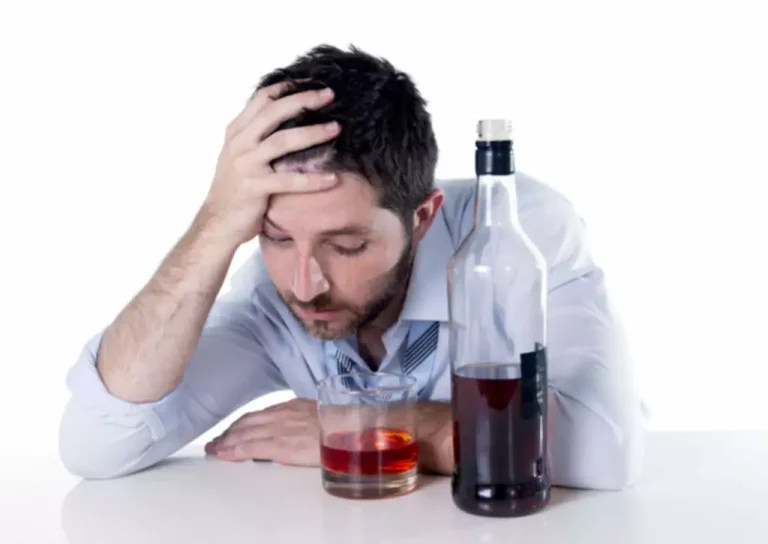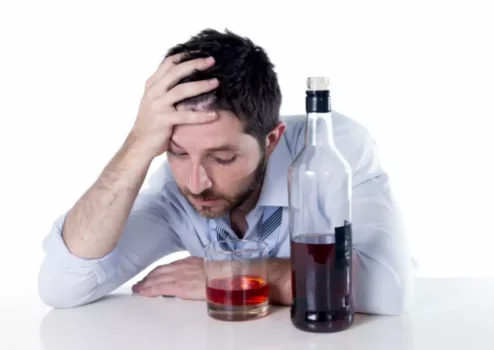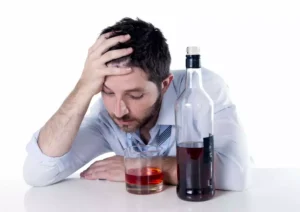
Once abstinence from the substance is established, the focus can shift to behavioral therapy. Counseling can help individuals maintain sobriety and reduce overcoming substance abuse the risk of future relapse. Behavioral counseling encompasses a variety of treatment modalities and treatment styles.

The Connection Between Mental Health and Addiction
Once negative thoughts are identified, you’ll learn to challenge and evaluate their validity. This involves questioning the evidence supporting those beliefs and considering alternative perspectives. Cognitive restructuring helps replace irrational thoughts with more balanced views. A key aspect of CBT is identifying distorted or irrational thought patterns that contribute to unhelpful behaviors.
Role of Therapy and Counseling

Activities such as painting, gardening, or learning a musical instrument can fill time and provide new goals. Hobbies not only distract from negative thoughts but also promote a sense of accomplishment. It’s essential to remember that recovery is a lifelong process that requires dedication, self-compassion, and support from professionals and loved ones. Setting realistic, achievable goals can be a significant motivator during recovery. By breaking down long-term objectives into smaller, more manageable steps, individuals can maintain a sense Twelve-step program of purpose and gain an understanding of achievement as they progress.

Find a Treatment Center Near You
Acknowledging the causes of this is a substantial step towards breaking the cycle and initiating the recovery process. Withdrawal symptoms can vary depending on the type of drug that has been used, the frequency and duration of use, and how quickly drug use is stopped. As such, it is sometimes safer to first consult a medical professional. They may advise inpatient treatment or medical intervention to ensure your safety, if withdrawal symptoms are likely to be severe 15. It is common for people overcoming drug addiction to experience relapses. It is important not to feel that you have failed when this happens, but instead use this experience to inform your next attempt at quitting.
- Once you understand your triggers, you can put things in place to reduce the chance of relapsing again.
- Medications that treat depression, anxiety, and other mental health concerns can reduce triggers for future use and end the need for self-medication with alcohol or drugs.

Long-term recovery is not a final destination but rather an ongoing process of facing and coping with life without retreating into addictive behaviors. It takes continuous commitment, which can waver at any time—particularly times of stress. Withdrawal symptoms can be a difficult aspect of overcoming addiction for both substance and behavioral addictions. With substance addictions, the physiological aspects of withdrawal can be extremely uncomfortable like a bad flu, or can even be life-threatening.
- Find healing with our guide on selecting the best opiate addiction treatment program for recovery.
- Having goals to work toward and something to look forward to can be powerful antidotes to drug addiction.
- By celebrating small victories along the way, individuals can maintain a positive outlook and remain committed to their recovery.

